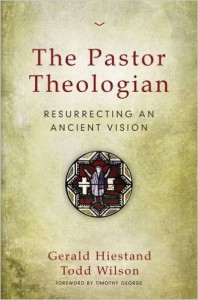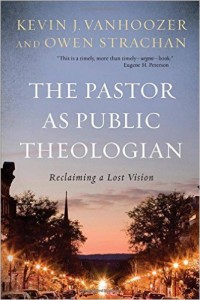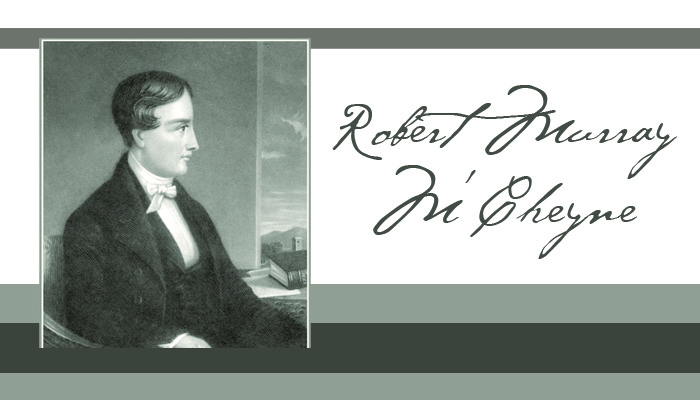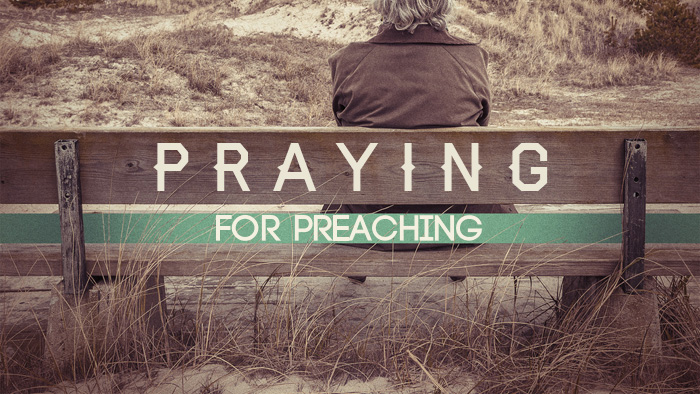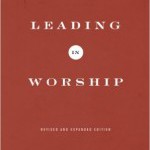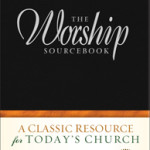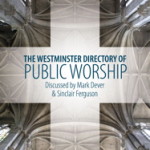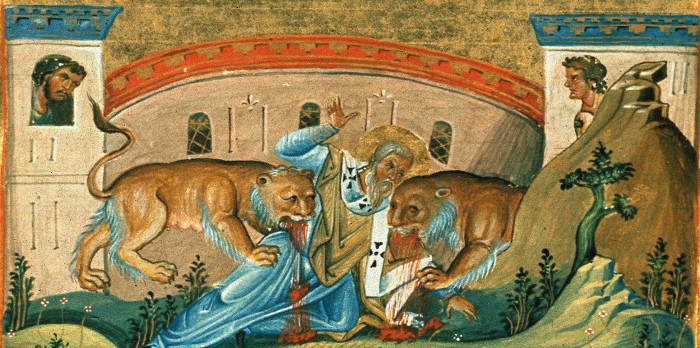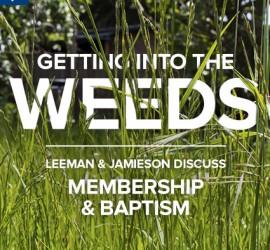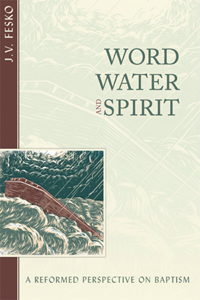There is a simple prayer I usually utter a few hours after preaching: “Lord, thank you for the privilege of preaching this day and help me to do better next week.” On an ideal week there is gladness of heart in the praise and the petition.
Last Saturday was one of those occasions where I left gathered worship with an unusually heavy soul. The accent on my weekly petition was something like, “Lord, I thought I’d be a better preacher at thirty-one years of age. But there’s still so much to learn—help me grow.” To say I felt like a failure would be to don the crown of drama, but to say I was dispirited would be more to the point. The discouragement was not because the sermon swung and missed; there was useful stuff throughout and many have told me how God used it to their benefit.
There was just so much more the sermon could have been, and probably should have been.
The Cry of the Young
It’s amazing to me how God meets us in our weakness. Sometimes His kindness amidst our troubles reveals itself over time; this is surely meant to teach us patience and trust. Other times He opens our minds to truth with astonishing speed. Last week was one of those latter occasions. I had barely made it out of the parking lot before something immediately hit my mind: I’m only thirty-one years old. A Spurgeon I am not, he who preached over six hundred (!) times by the age of twenty. A more encouraging model for me is John Piper who didn’t start preaching full time until he was thirty-four.
As hard as it is in an age that trumpets the power of youth and ignores the crown of the old (gray hair), I have to continually remind myself I’m still in the season of ministry marked “Sowing.” This is the time to get experience and gain from experience.
As I’ve meditated on this topic the last few days I’ve come to see afresh three experiential perspectives vital to those of us continuing to prepare for that ministerial season called “Reaping.”
The Experience of History
By this I mean experiencing the protective, informing power of history. Not only does such an experience often provide unique power for sanctification (consider the often-formative influence of biography), it equips a pastor to better understand his times. If there is nothing new under the sun, then rich experiences of history prepare a preacher to not be surprised. He is more able to point out anomalies and prevent his people from cultural panic.
Experiences of history come through the obvious avenues of books and documentaries. Yet, we live in an age where iTunesU and podcasting (for example, try BackStory Radio) provide numerous opportunities for pastors to have an experience with history that prevents them from falling into the abyss of the present.
Speaking of that abyss, let Piper say it as only he can . . .
Oh how fortunate we are, brothers of the pulpit, that we are not the first to face these things. We are so fortunate. I thank God for the healing of history. Do you read history? Are you slipping into the abyss of the present? It is an abyss brothers! You cannot know yourself, or your times, or your God if you only know the present. I bless God for history and books.
The Experience of Time
Like meat needs time to cure, preachers need the experience of time to grow. The trials and triumphs of life mold preachers into useful vessels. With God’s help the experience of time brings wisdom and maturity. Think not of preparation seasons as wilderness epochs in ministry, rather these are times when young men get to drink in at an oasis of God’s mercy.
The Experience of Christ
And, of course, no experience is greater than a vital, experiential relationship with Christ.
I’ve lately been working through several different biographies of Robert Murray M’Cheyne. One common thread woven through each work is how much the young Scotsman—and his school of friends—pursued a vibrant experience of Christ. Through devotion to God’s word and prayer Christ became sweetly powerful. M’Cheyne was convinced likeness to Christ is the essential ingredient to fruitful ministry. He said,
In great measure, according to the purity and perfection’s of the instrument, will be success. It is not great talents God blesses so much as great likeness to Jesus. A holy minister is an awful weapon in the hand of God.
In another place he wrote,
Take heed to thyself. Your own soul is your first and greatest care. You know a sound body alone can work with power; much more a healthy soul. Keep a clear conscience through the blood of the Lamb. Keep up close communion with God. Study likeness to Him in all things.
Back to the Beginning
We preachers have a promise from God meant to encourage us in the sowing season: “And let us not grow weary of doing good, for in due season we will reap, if we do not give up” (Gal. 6:9). Let us not give up on doing good in ministry, learning from experience, and growing in an experience of Christ. We will reap.


